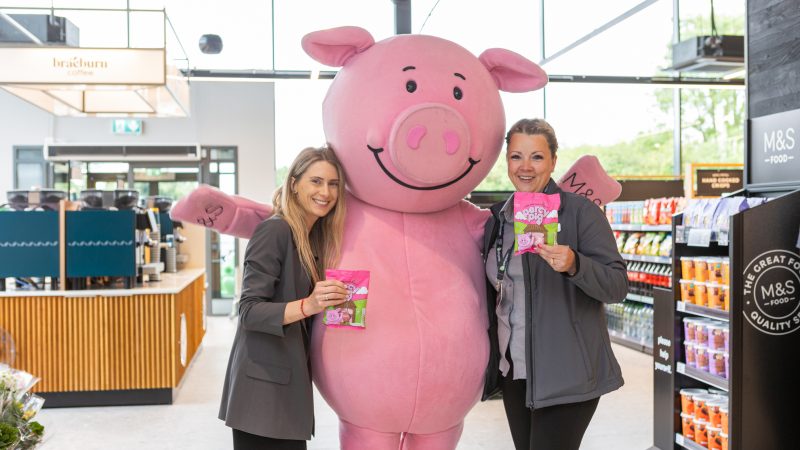Dole earnings drop 35% in third quarter as inflation bites

Dublin-based Dole plc, the world’s largest fresh fruit and vegetable supplier, has reported that operating earnings dropped by more than a third in the third quarter, driven by soaring transport, packaging and labour costs and a weak international market for fresh packed vegetables.
The company, formed in July through the merger of Total Produce and US rival Dole Foods, said that its pro-forma adjusted earnings before interest, tax, depreciation and amortisation (ebitda) declined by 35.4 per cent to $59.7 million (€52.8 million). Pro-forma revenue rose by 0.3 per cent to $2.3 billion.
However, for the first nine months of the year, revenue rose 4.5 per cent to $7.1 billion, while ebitda rose by 12.6 per cent to $337.7 million.
“Dole plc has delivered a strong performance for the first nine months of 2021 in the context of inflationary pressures across our North American and European markets during the third quarter,” said group executive chairman Carl McCann.
“With industry wide supply chain congestion and labour shortages, our diversified business model has proven itself to be responsive and resilient.”
Dole is targeting revenue in the range of $9.2 billion-$9.4 billion and ebitda of $390 million- $400 million for the full year.
The company’s largest division by sales and earnings, Dole Fresh Fruit, posted a 0.8 per cent dip in revenues in the third quarter with lower banana volumes in North America and banana pricing in Europe.
Ebitda in the division dropped by 53 per cent on the year due to lower revenue and higher transportation costs in North America, input materials increases, as well cost pressures from the ongoing supply chain impact caused by hurricanes in Honduras and Guatemala in November 2020.
Dole Fresh Vegetables’s ebitda for the third quarter plummeted by 90.8 per cent, due primarily to the impact of inflation in inland transportation as well as in packaging and labour and the persistently weak, oversupplied fresh packed vegetables market, it said.
The group has been pushing up prices for its value-added salads customers to help counter its rising costs.








